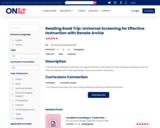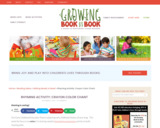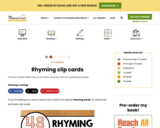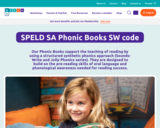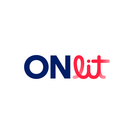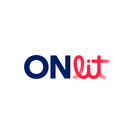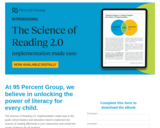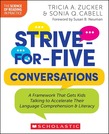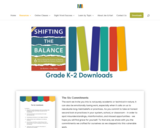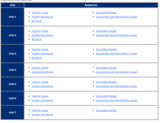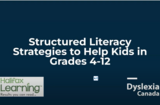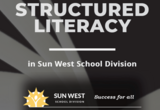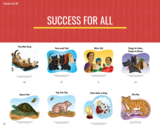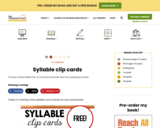This is an excellent resource within the classroom or to share with parents for effective at-home learning!
Each book can be used online in an HTML version OR downloaded as a free PDF that can be printed as an actual book. There is a PowerPoint for each book. This resource includes various formats , including special versions for ipads or tablets.
Worksheets and fluency charts accompany each book! There are ten total sets of readers with many books included in each set.
SPELD SA Phonic Books follow the sequence of letter-sounds used in the Jolly Phonics phonics program. The books can be used with other phonics programs as well.
Sequence of letter-sounds:
- Set 1 - s, a, t, p, i, n
- Set 2 - c, k, ck, e, h, r, m, d
- Set 3 - g, o, u, l, f, b
- Set 4 - ai, j, oa, ie, ee, or
- Set 5- z, w, ng, v, oo (book), oo (room)
- Set 6 - y, x, sh, ch, th (think), th (that)
- Set 7 - qu, ou, oi, ue, er, ar
- Set 8 - y (sunny), a (apron), a-e (cake), e (female), e-e (eve), i (silent), i-e (kite), o (open), o-e (home), u (student), u-e (tune)
- Set 9 - ay (play), ey (they), oy (toy), y (mystery), ea (dream), ie (chief), y (dry), igh (night)
- Set 10 - oe (toe), ow (rainbow), ow (now), ir (bird), ur (turn), ew (few), au (launch), aw (paw), al (talk)
To access more free online decodable books, visit https://literacylearn.com/free-decodable-readers/
